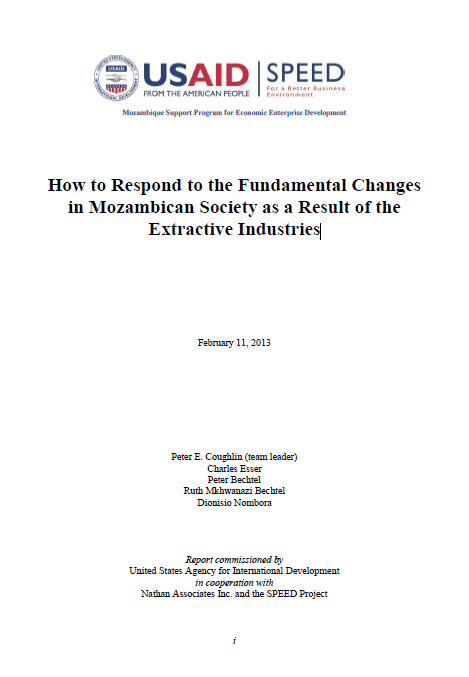O quadro legal e o investimento
O objectivo último deste relatório é encorajar mais e maior investimento na terra, incluindo encontrando formas de tornar o acesso à terra mais fácil para os investidores privados. No seguimento de uma análise abrangente da lei da terra e de outras leis pertinentes, o relatório identifica problemas com o quadro jurídico existente e propõe “opções e recomendações para melhorar os instrumentos legais actuais, com vista a agilizar os procedimentos administrativos para obtenção fácil do aceso à terra (DUAT) e promover o investimento na terra”.












